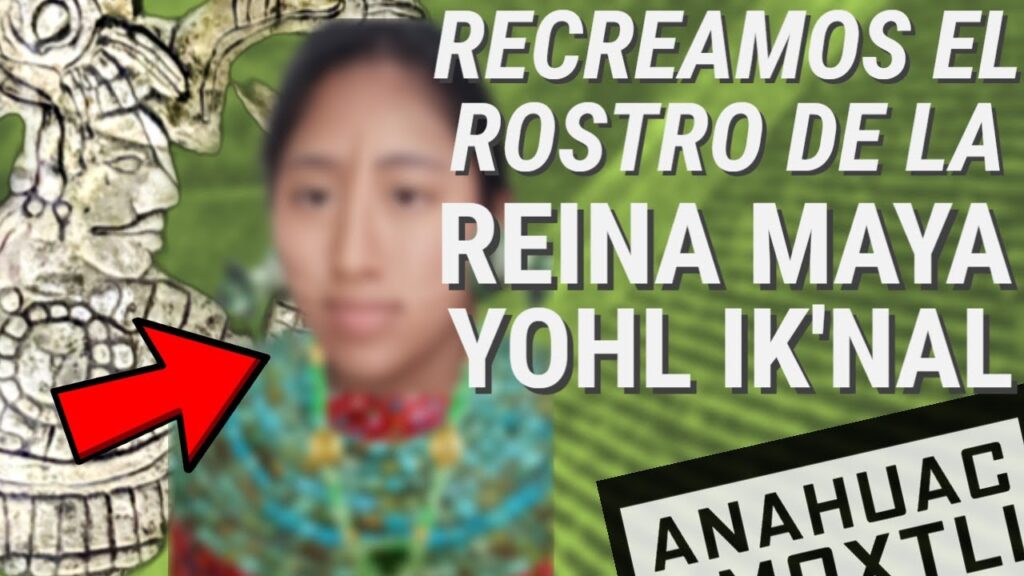The Legacy of María Uicab: A Maya Queen’s Reign and Leadership
María Uicab was not just any figure in the tapestry of Maya history; she was a rare gem among the leadership, an embodiment of strength and wisdom during the tumultuous era of the Caste War in the Yucatán Peninsula. As the queen of the rebellious Maya group known as the Cruzob, María Uicab stood at the forefront in the resistance against the encroaching forces of the Mexican government, showcasing not only her political acumen but also her profound dedication to her people’s autonomy and culture.
Her reign and leadership can be traced back to the late 19th century, during a time when the indigenous Maya were grappling with the consequences of colonization and the subsequent loss of their lands and rights. María Uicab’s ascendancy to power served as a beacon of hope, representing an indomitable spirit that would not submit to the pressures of external influence. Her tactical decisions and her role in orchestrating the defense of Maya territory are still studied by historians, who view her as a pivotal figure in the struggle for Maya self-determination.
The remarkable aspects of María Uicab’s legacy extend beyond just military strategy and political resistance. She was also a custodian of Maya traditions, ensuring that the spiritual and cultural fabric of her people remained intact in the face of adversity. Under her guidance, the Cruzob maintained their social structures, religious practices, and language, resisting the erosion of identity that had befallen many other indigenous groups during this period of history. María Uicab believed strongly in the power of unity and the preservation of her people’s heritage, principles that guided her leadership until the end.
Today, the story of María Uicab’s reign is remembered as a testament to the enduring resilience of the Maya people. Visitors to the Yucatán Peninsula can witness the impact of her legacy not only in historical accounts but also in the ongoing pride and cultural practices of the contemporary Maya descendants. Her tenacity and leadership have left an indelible mark on Mexican history and continue to inspire new generations in the quest for justice and the maintenance of cultural identity in a rapidly changing world.
Unveiling the Power and Influence of María Uicab in Maya Insurrection
The late 19th century in the Yucatan Peninsula was a time of significant turmoil and rebellion, where the Maya people rose against the oppressive yoke of foreign domination. At the heart of this resistance was a powerful figure: María Uicab, a Maya priestess whose influence stretched across the rebellious communities. Her remarkable legacy, veiled in the mists of time, remains an enigmatic testament to the indomitable spirit of the Maya people.
Much of what is known about María Uicab comes from oral traditions and historical accounts that emerged during the Caste War of Yucatan, a conflict that lasted more than fifty years. Despite the lack of extensive written records, Uicab’s role as a spiritual and military leader is undisputed. She is remembered as the Oracle of Tulum, a title that underlines her significance in providing guidance and foretelling events critical to the Maya resistance’s strategies.
In the fight against colonial forces, Uicab used her influence to mobilize Maya warriors, rekindling a sense of unity and cultural pride among the disparate factions. She was a beacon for her people—a prudent counselor and a strategist. Her charisma and spiritual insights were said to have bolstered the morale of Maya insurgents, providing them with the fortitude to endure the hardship of a prolonged conflict, often against overwhelming odds.
The legend of María Uicab not only exemplifies the role of women in Maya society but also illustrates the broader theme of indigenous resistance in the Americas. Her contribution to the Maya insurrection sheds light on the lesser-known aspects of the struggle, democratizing history by highlighting the invaluable contribution of indigenous women in shaping the political and cultural landscape of their time.
The Historical Impact of María Uicab’s Rule Over Maya Rebels
The period during which María Uicab, often revered as the ‘Queen of the Mayas’, exerted her influence over rebel factions in the Yucatán Peninsula is an intriguing chapter of Mexican history. Her rule epitomized the resistance and resilience of the Maya people, particularly during the Caste War of Yucatán that lasted from 1847 to 1901. Uicab, a Mayan priestess and leader, played a significant role in maintaining the rebellion’s momentum, and her impact was profoundly felt in both the realm of morale and the tactical domain among the indigenous forces.
Uicab’s dynamic leadership enabled the Maya to persist against better-equipped adversaries, largely due to her ability to combine spirituality with strategic acumen. Her influence traversed beyond the battlefield, insinuating itself deeply into the cultural fabric of the Mayan society. Under Maria Uicab’s rule, the rebel-controlled territory, known as Chan Santa Cruz, became a beacon of Mayan autonomy, fostering a sense of unity and purpose amidst the chaos of war. Her leadership fortified the rebels’ resolve, allowing them not only to survive but to also administer an organized societal structure within their stronghold.
The lasting legacy of María Uicab is reflected in the modern-day appreciation for Mayan identity and autonomy. Her adept balancing of culture, politics, and military tactics emboldened the Maya of her time and left a lasting imprint on the historical narrative of Mexico. This enduring impact is evident in current historiographical discourse, where Uicab’s rule is frequently highlighted as a critical period of self-determination and resistance against external dominance.
María Uicab: The Spiritual and Political Pillar of Insurgent Maya
In the lush jungles and the beautiful yet tumultuous landscape of the Yucatan peninsula during the nineteenth century, a figure of both spiritual and political significance emerged among the Maya peoples. Her name was María Uicab – a woman who transcended the conventional roles of her time to become a leading force in the Caste War of Yucatan, which was a protracted struggle by the indigenous Maya against the oppression of European-descended settlers. Renowned for her prophetic visions and esteemed as an oracle, she held sway over the hearts and minds of the Maya insurgents.
María Uicab was not just a figurehead; she was an active participant in the strategic decisions of the Maya rebellion. Recognizing the power of spiritual belief to unify her people, María wielded faith as a tool in the insurgency, endorsing the “talking cross” – an object through which gods were said to communicate. This emblem played a crucial role in binding Maya communities with a sense of shared purpose and destiny, further fueling the resistance against their colonial oppressors.
Despite the inherent patriarchal structures of her society, María Uicab’s influence grew as she became known as the ‘Queen of the Maya’, honored for both her prophetic insights and her command over military maneuvers. Her guidance was seen as divinely inspired, her prophecies and strategies not just wise, but an articulation of the gods’ will. As her stature grew, so did the conviction among the Maya that their fight for autonomy and respect was a just cause, ordained by the divine.
María’s legacy is testament to the vital role women have played throughout history in leading revolutionary movements, especially within indigenous communities. Her leadership extended beyond the battlefield; it was a source of cultural pride and resurgence for the Maya people. Her story intertwines the spiritual and political threads essential to understanding the fabric of the Maya resistance during one of the most trying times in their history, and it continues to inspire those seeking to understand the complexities of social and cultural revolution.



